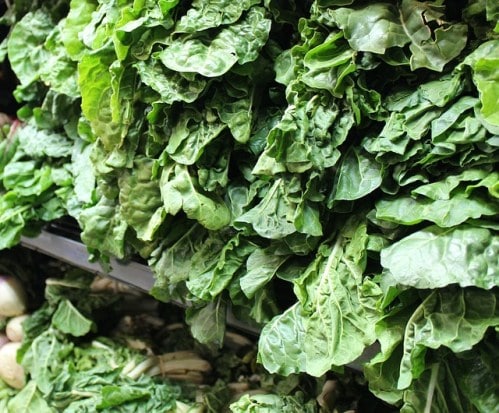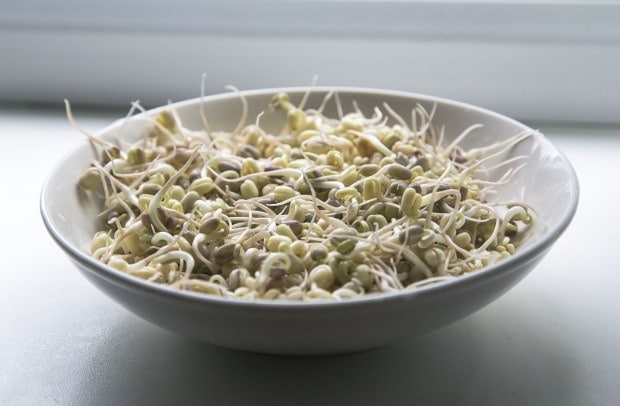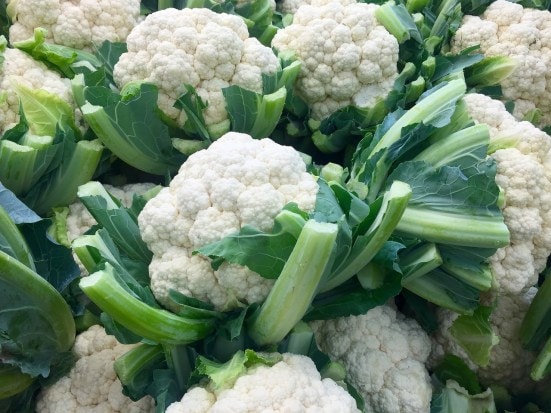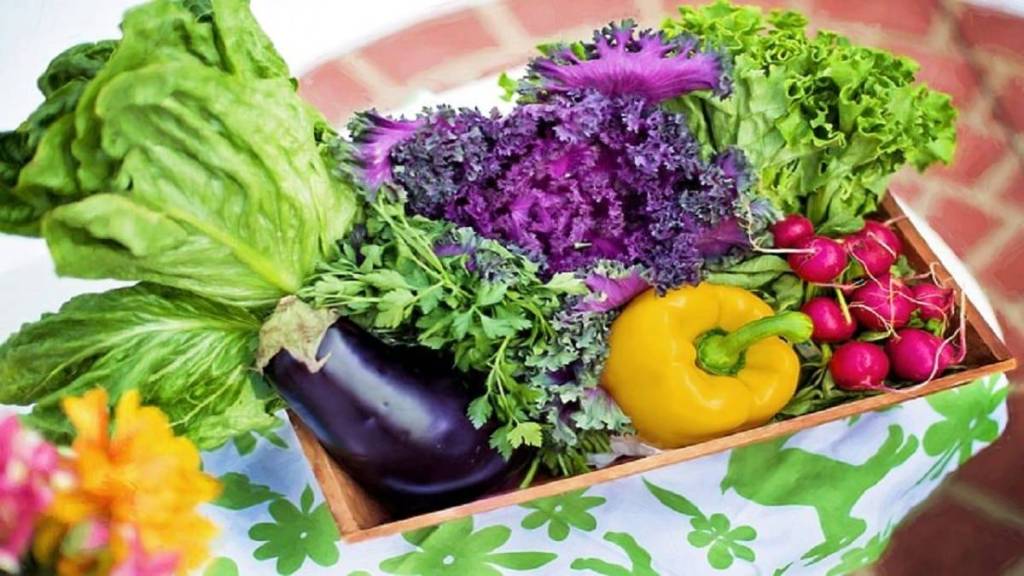The onset of monsoon provides a relief from the scorching summer heat, it revives nature and restores life. But monsoon also brings in added risks of infections, waterborne diseases and bacterial infections. As seasons change, the nutritional needs of our bodies change too which requires us to take informed decisions about what we consume. Our body requires a sufficient amount of vitamins and minerals, and fresh farm produce are one of the best ways to include them in your diet.
Here’s a list of vegetables you must stay away from during monsoon season to keep your immune system healthy and functioning:
Mushrooms

Mushrooms are a world famous delicacy and have an acquired taste. But their consumption should be avoided during this season as they are usually grown in moist conditions and hence are prone to bacterial growth. It is advisable to avoid mushrooms during this season to build a stronger immunity, people suffering from issues with digestive system need to be extra cautious about their consumption.
Leafy Vegetables

Leafy vegetables are a rich source of vitamins and minerals, but consumption of these produce during this season can be quite tricky. Spinach, cabbage and lettuce absorb a lot of moisture, thus, becoming a breeding ground for bacteria as they are are grown in damp climate, consumption of these can lead to digestive issues and lead to gastronomical diseases. Hence, before consuming leafy vegetables it is advisable to wash them with lukewarm water and cook them properly or boil them before consuming.
Raw Sprouts

Sprouts require diligent care to grow else can be contaminated by bacteria like salmonella and E.coli. Even though sprouts are a healthy option, it is best to stay away from them during the monsoon, in stead of consuming them raw or in salads, sprouts should be boiled or added in cooked dishes to avoid health risk.
Eggplant

Cruciferous vegetables

The cruciferous family of vegetables includes foods like cauliflower, broccoli, and Brussels sprouts. Despite being very nutritious, they should be avoided or consumed in moderation during the monsoon. These vegetables’ tiny crevices can hold moisture, which raises the possibility of bacterial growth. Rainfall is frequent, making it challenging to ensure thorough cleaning and increasing the risk of contamination.
Peas

Being a starchy vegetable, peas can be be infected by insects and mold. It is important to peal them them with caution and wash them and cook them properly to avoid any gut infection.
Limiting the consumption of these vegetables into your diet can help you build a stronger immune system . It is also essential to wash the vegetables thoroughly with hot water and cook them in high heat.









